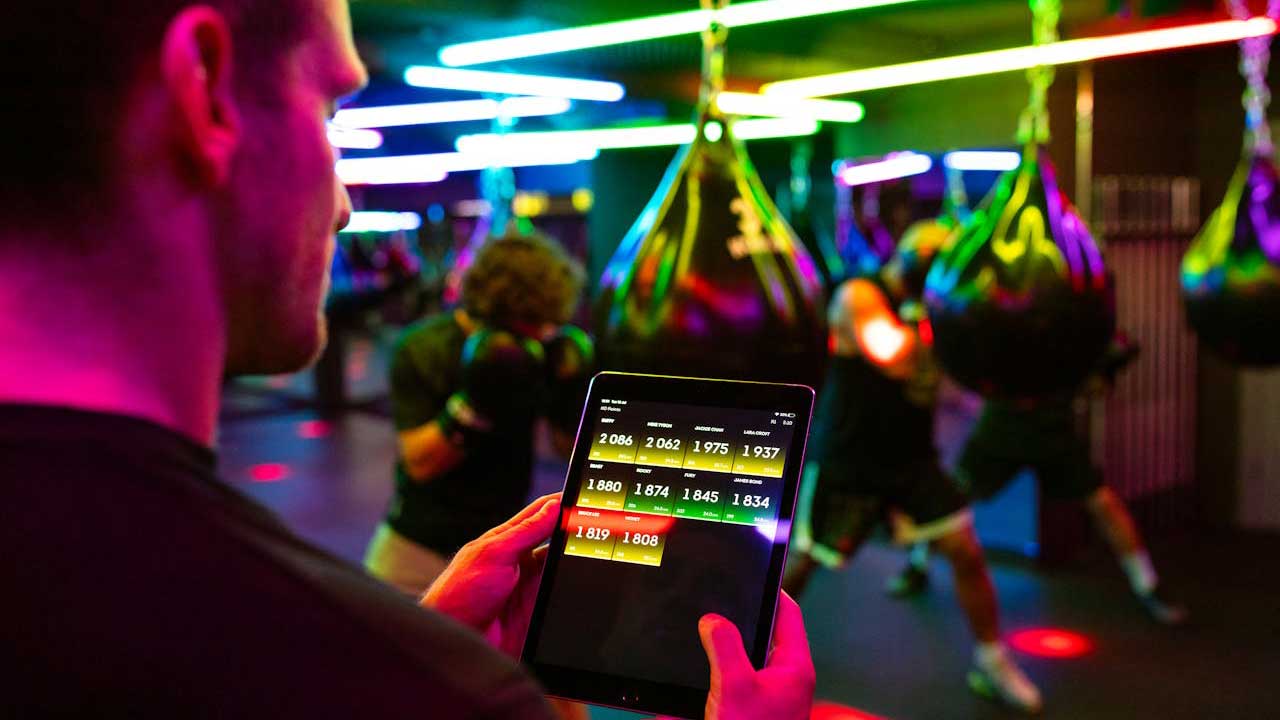
Artificial intelligence is becoming increasingly integrated into our daily lives, collecting and analyzing vast amounts of data to personalize our experiences. While AI makes our lives more convenient, it also knows a surprising amount about us—some of which we might prefer to keep private. Here are ten things AI knows about you that you may not realize.
Your Shopping Habits and Preferences

AI analyzes your online shopping behavior to suggest products tailored to your tastes. It tracks your purchases, the items you browse, and what you leave in your cart. This data allows AI to predict your future buying patterns, sometimes even before you’re aware of them yourself, revealing your hidden consumer habits. (Source: Rapid Innovation)
Your Personal Relationships

From the messages you send to social media interactions, AI can infer your personal relationships. It tracks who you communicate with most frequently, how often you interact, and even the emotional tone of your conversations. Over time, AI builds a profile of your closest connections, sometimes even detecting changes in your relationships. (Source: Psychology Today)
Your Health and Fitness Data

Fitness trackers and health apps feed a lot of personal information into AI systems, including your exercise routines, heart rate, and sleep patterns. This data helps AI personalize health recommendations but also gives it deep insights into your lifestyle choices and health habits, which can be more revealing than you might expect. (Source: Bosch Sensortec)
Your Browsing History

AI tracks your web browsing habits across various platforms, from websites you visit to the articles you read. This information allows AI to create detailed profiles of your interests, political views, and preferences. While these profiles can make recommendations more relevant, they also expose your private thoughts and inclinations. (Source: Just Data Please)
Your Emotional State

AI can detect your emotional state by analyzing your interactions, voice tone, facial expressions, and online behavior. Advanced algorithms track changes in your mood over time, using data from social media, text messages, or even customer service interactions. This allows AI to respond more empathetically, but it also means it knows how you’re feeling, often before you do. (Source: MIT Sloan)
Your Buying Patterns and Spending Habits

AI systems analyze your financial transactions, both online and offline, to understand your purchasing power and habits. By tracking your spending, AI knows where you shop, how often, and even which items you splurge on. This level of insight into your financial behavior can reveal more than just your budget—it can expose your lifestyle choices. (Source: Sprintzeal)
Your Location and Travel History

Location tracking is one of the most personal pieces of data AI can access. Through GPS, mobile apps, and even social media check-ins, AI monitors your whereabouts in real-time, learning about your travel habits, favorite destinations, and even routines. This information helps apps personalize recommendations, but it also paints a detailed picture of your movements and habits. (Source: GPS Leaders)
Your Political and Social Views

AI collects data from your online interactions, social media posts, and even the websites you visit to understand your political and social opinions. By analyzing this data, AI can predict your stance on various issues, offering political ads or content that align with your views. This targeted approach can sometimes reveal more about your beliefs than you intended to share. (Source: Harvard Ash Center)
Your Private Conversations and Communication Style

AI-powered voice assistants, like Siri or Alexa, listen to your commands and conversations. While these assistants are meant to make your life easier, they also gather a significant amount of data on your speech patterns, the topics you discuss, and even how you interact with others. This information can help AI tailor responses but also reveals private aspects of your communication style. (Source: Way With Words)
Your Psychological Profile

AI systems often analyze your behavior and interactions to create a psychological profile. Through everything from online searches to social media engagement, AI can infer your personality traits, emotional triggers, and even mental health patterns. This data can be used for personalized recommendations or marketing, but it also reveals more about your internal world than you might expect. (Source: Medium)
While AI enhances convenience and personalization, it also collects vast amounts of data that can reveal deeply personal aspects of our lives. From our emotional state to private conversations, AI knows more about us than we might be comfortable with. As AI becomes more integrated into everyday life, it’s essential to be aware of what’s being tracked and how it might impact our privacy.